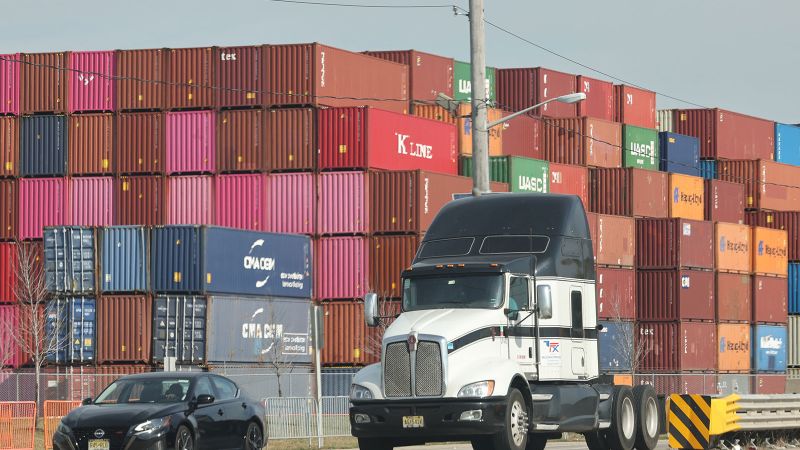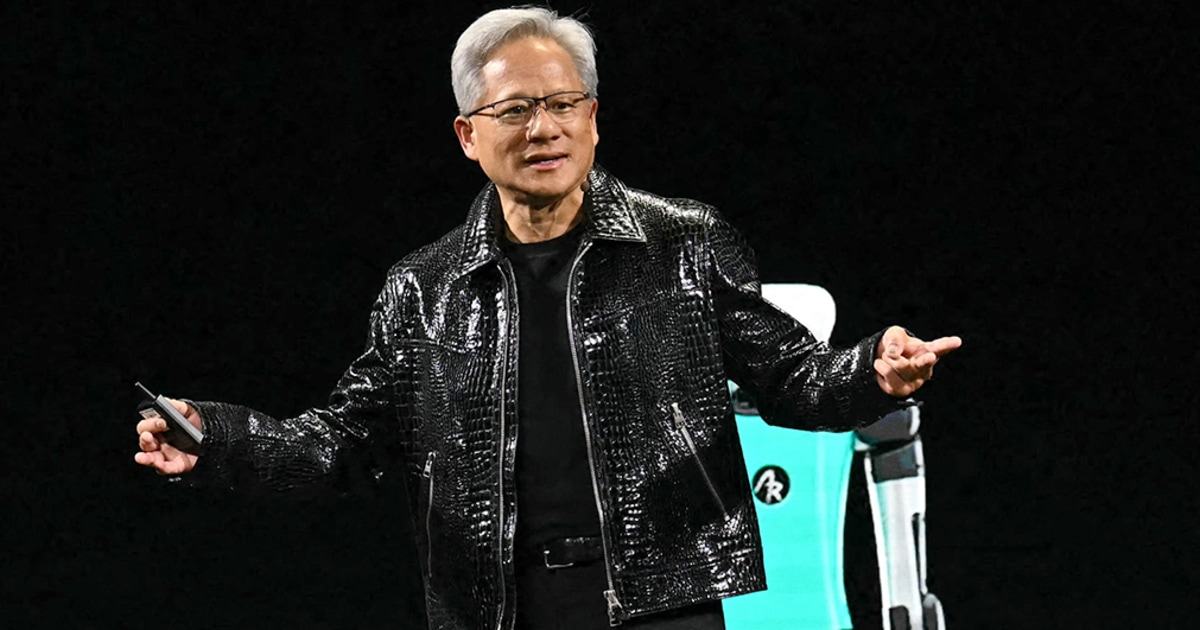Bussiness
Trump says he will block Nippon Steel’s $14.9bn bid to acquire US Steel

Donald Trump said on Monday that he intends to block Japan’s Nippon Steel’s $14.9bn bid to acquire US Steel in a move that will fuel further fears about a global trade war when the Republican returns to the White House next month.
“I am totally against the once great and powerful U.S. Steel being bought by a foreign company, in this case Nippon Steel of Japan” the US president-elect said in a statement on Monday, adding: “Through a series of Tax Incentives and Tariffs, we will make U.S. Steel Strong and Great Again, and it will happen FAST! As President, I will block this deal from happening. Buyer Beware!!!”
The acquisition by Nippon Steel, Japan’s largest steelmaker, to takeover US Steel, the Pittsburgh steel producer established in 1901 that played a vital role in America’s industrialization, was announced last year and is under review.
The deal has faced criticism from the United Steelworkers union as well as several lawmakers, who view the deal as a threat to national security, job security and workers’ pensions. Joe Biden and the vice-president, Kamala Harris, have also expressed their opposition for the deal.
During the campaign trail, Harris told voters she “couldn’t agree more with President Biden: US Steel should remain American-owned and American-operated”.
The deal is under review by the Committee on Foreign Investments in the United States (CFIUS), a government panel that reviews foreign acquisitions of American companies. In September, the Biden administration extended the review, delaying a decision until after the presidential election.
The deadline for the review is at the end of this month, according to the New York Times, so there will either be another extension or a decision.
In a statement after Trump’s comments on Monday, Nippon Steel said that it was “determined to protect and grow US Steel in a manner that reinforces American industry, domestic supply chain resiliency, and US national security” according to Agence France-Presse.
The Japanese firm added that it would “invest no less than $2.7 billion into its unionized facilities, introduce our world-class technological innovation, and secure union jobs so that American steelworkers at US Steel can manufacture the most advanced steel products for American customers”.
It was reported that under the proposed deal, US Steel would retain its name and headquarters in Pittsburgh. Nippon has also said that it will honor existing collective bargaining agreements.
US Steel has claimed that blocking the deal could lead to job cuts in Pennsylvania and relocation, and has promised to invest $2.4bn in its facilities if the sale goes through.
Critics, however, argue that the Japanese corporation’s purchase of US Steel could pose threats to national security, lead to job cuts and potentially the relocation of workers to non-union states.
The United Steelworkers union said in statement on Monday that the deal was “bad for workers, our communities, and the domestic industry, as well as for our national security, critical infrastructure, and domestic supply chains”. It added: “We must continue to resist it – together.”
On Tuesday, the United Steelworkers union, which endorsed Harris for president, thanked Trump for his opposition to the deal.
“It’s clear he knows the danger it poses to our national security, our steel industry and communities it supports” the union said. “USS must be kept domestically owned and operated!”
Trump’s pledge on Monday to block the US Steel deal with Nippon and to “make US Steel strong” through a “series of Tax Incentives and Tariffs” aligns with his intention as president to impose tariffs on foreign imports, which he says will benefit US businesses.
Last week, Trump announced that upon taking office, he would sign an executive order imposing a 25% tariff on all imports from Canada and Mexico, along with an additional 10% tariff on imports from China.
Some economists have warned that US consumers would probably feel the impact of the tariffs through higher prices. They estimate that such tariffs could increase household costs between $1,900 to $7,600 – a 1.4% to 5.1% increase in inflation – as companies will probably pass on the tariff costs to consumers.









